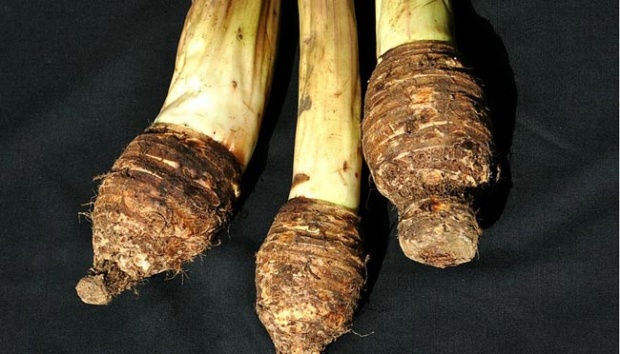7 Potential Benefits of Bird's Nests, a Natural Remedy for Illnesses
Translator
Editor
6 September 2024 00:10 WIB

TEMPO.CO, Jakarta - Did you know that in some parts of the world, people eat bird nests? Not just any nest, but the nest of a small bird native to Southeast Asia called the swiftlet.
Known to the Chinese as "Yan Wo" and "Caviar of the East," edible bird's nests are made from the hardened saliva of swiftlets. Before being prepared for culinary use, the nests must undergo a thorough cleaning process to ensure that all feathers, sand grains, and other debris are removed.
Most importantly, humans consume bird nests for their nutritional value and health benefits. In this article, Tempo summarizes the potential benefits of bird's nests for the human body, citing Healthline.
7 Potential Benefits of Edible Bird's Nests
1. Rich in Nutrients
Healthline points out that bird's nests are packed with macro micronutrients. Carbohydrates, glycoproteins, and some minerals such as calcium, iron, and magnesium are the main nutrients in these nests.
In addition, edible bird's nests contain bioactive compounds, including glucosamine, sialic acid, fatty acids, vitamins, amino acids, and antioxidants, which can promote health benefits to the body.
2. Remedies for Illnesses
Edible bird's nests are traditionally used as medicine by the Chinese community. Specifically, people consume these nests to cure diseases such as tuberculosis, asthma, and stomach problems.
It also appears that eating bird's nests can improve libido, increase energy and metabolism, and stimulate circulation. However, Healthline suggests that more scientific research is needed to confirm these claims.
3. Improve Immune System
Another potential benefit of bird's nests is the enhancement of immune system function. PubMed Central suggests that bioactive compounds in bird's nests may prevent someone from catching the flu virus.
Preliminary laboratory studies also show that nutrients in bird's nests may inhibit the growth of cancer cells. However, more research is needed to provide further evidence.
4. Promotes Bone Health
Bird's nests have been linked to promoting bone health and can be a supplement for osteoarthritis. This is based on animal research showing that consumption of bird's nests increased bone strength in the animal model.
5. Improve Brain Health
Animal research suggests that bird’s nests are good for brain health as they contain brain-proactive properties. This was later supported by a review showing that edible bird's nests may potentially improve cognitive performance by reducing inflammation and oxidative stress, as quoted by Healthline.
6. Improves Skin Health
In addition to promoting bone and brain health, bird's nests are known as a natural skin care product that moisturizes and protects the skin from oxidation. Researchers have found that the proteins in bird's nests have been shown to protect the skin barrier and have anti-aging properties.
7. Diabetes Management
Mouse and test-tube research suggests that edible bird's nests have the potential to help manage diabetes. Specifically, the research suggests that these nests help protect the blood vessels of diabetics from oxidative stress.
In conclusion, bird's nests have a number of health benefits, from alleviating disease to promoting healthy skin. However, Healthline stresses that more research and scientific evidence are needed to support these claims.
Healthline | PubMed Central
Editor's Choice: 5 Health Benefits of Taro Root, Good for Weight Loss
Click here to get the latest news updates from Tempo on Google News























